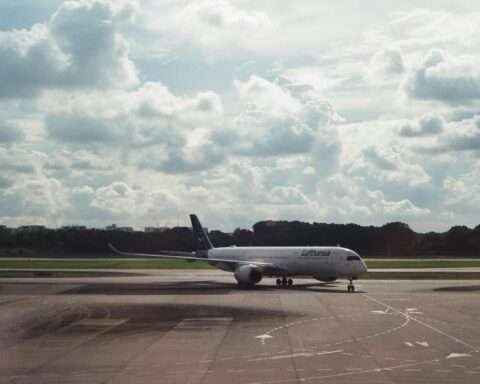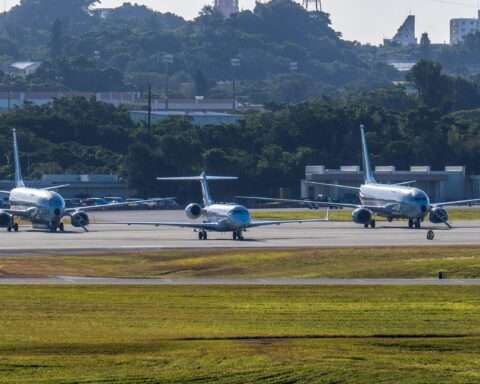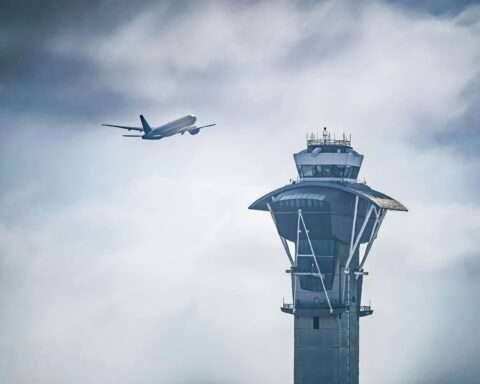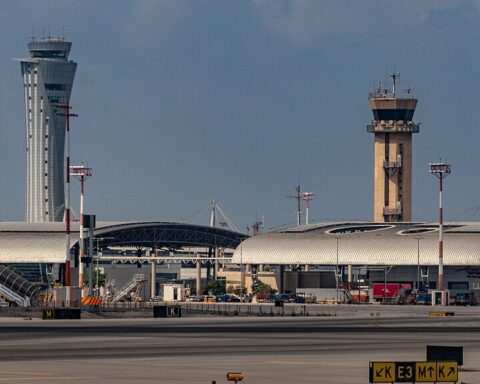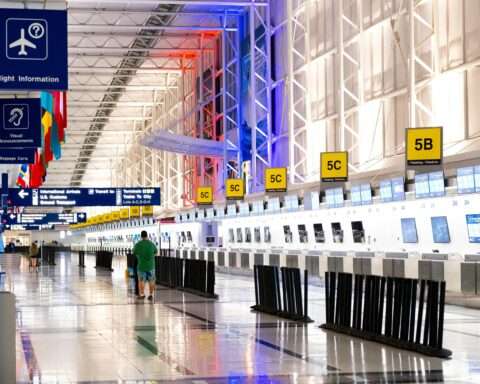The Austin-Bergstrom International Airport (ABIA) is the first in the nation to be outfitted with the Federal Aviation Agency’s (FAA) Tower Simulation System — a cutting-edge air traffic training platform designed to support air traffic controllers and ensure safe plane arrivals and departures.
Central to the new technology is the system’s visual database to enhance safety by simulating air traffic scenarios on an airport’s layout, operations and airspace. The simulators will be installed in 95 towers nationwide, the last of which will be deployed by December 2025.
The tech rollout follows a 2023 National Transportation Safety Board report detailing a February ABIA incident – described as a runway incursion with overflight – between two planes operated by Federal Express and Southwest Airlines.
“After multiple near-misses at ABIA, I’m pleased the Federal Aviation Administration has prioritized us for updated safety equipment and installed the Nation’s first Advanced Tower Simulator at our airport,” U.S. Rep. Lloyd Doggett said in a statement. “This is a modest first step in improving safety for travelers and enhancing training for air traffic controllers, who are often overworked, overwhelmed, and understaffed.” Austin controllers oversaw 250,000 flights in 2023.
The new simulators will provide “real scenarios” to train staff on the National Airspace System (NAS), which provides service to more than 45,000 flights and 2.9 million airline passengers, FAA officials said. The new technology will also shorten how long it takes for controllers to achieve full certification at air traffic facilities, federal officials said.
The rollout is part of a concerted effort to support improvements to air traffic control and safety nationwide after the NAS delivered a 2023 safety assessment and series of recommendations to the FAA.
Those steps include supporting colleges and universities in the Air Traffic-Collegiate Training Initiative (AT-CTI) Program, a partnership between select colleges and the FAA.
Other immediate action by the FAA includes a year-round hiring track of experienced controllers from the military and private industry and a drive to fill “every seat at the FAA Academy” while boosting the agency’s classroom capacity beyond current limits.
Plans also call for expanded use of advanced training nationwide, with new facilities added to Chicago and San Diego, with Nashua and Phoenix tapped as future sites in the spring. With a view toward strengthening the agency’s safety culture, the FAA will also provide reports from the Air Traffic Safety Oversight Service to the FAA administrator and aviation safety associate administrator.
All news and information on this site is provided by the team at Strategic Partnerships, Inc. Check out this short 1-minute video that provides a quick overview of how we work with clients.






